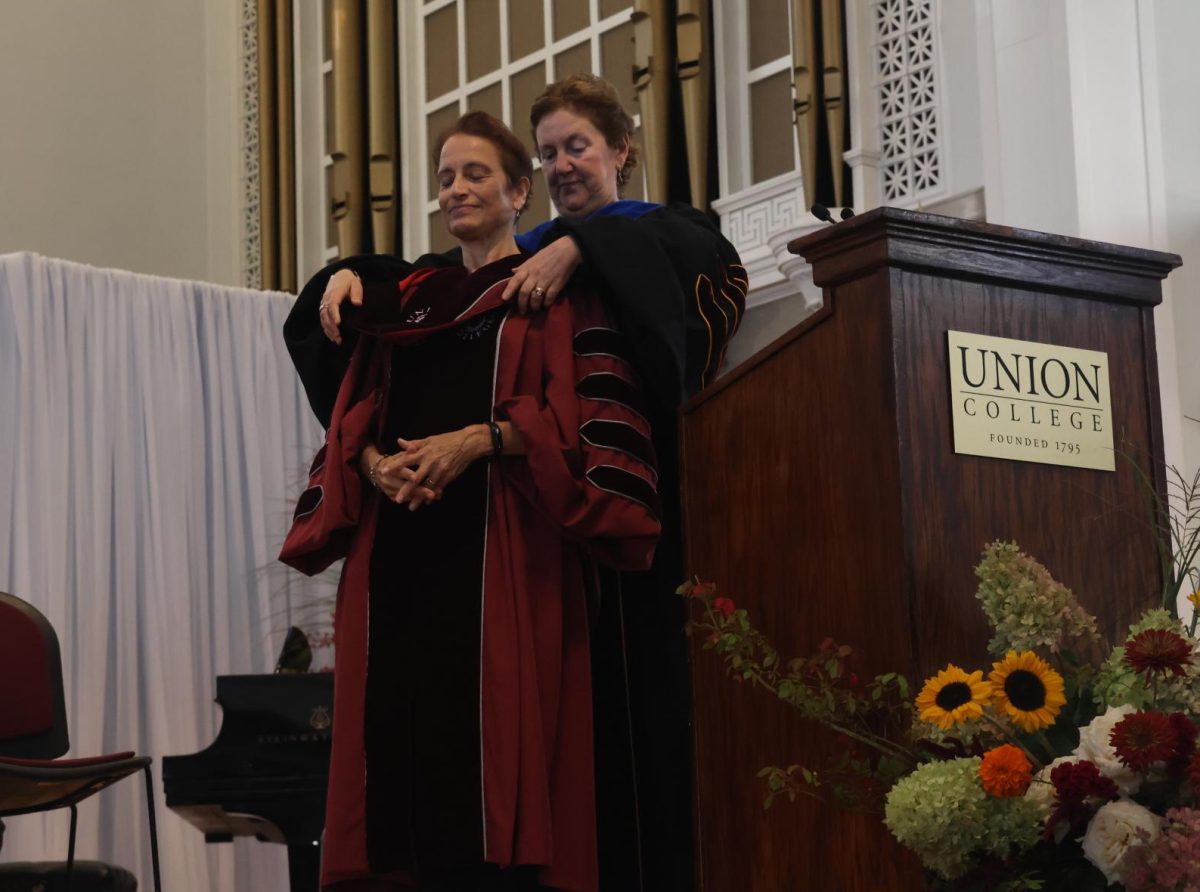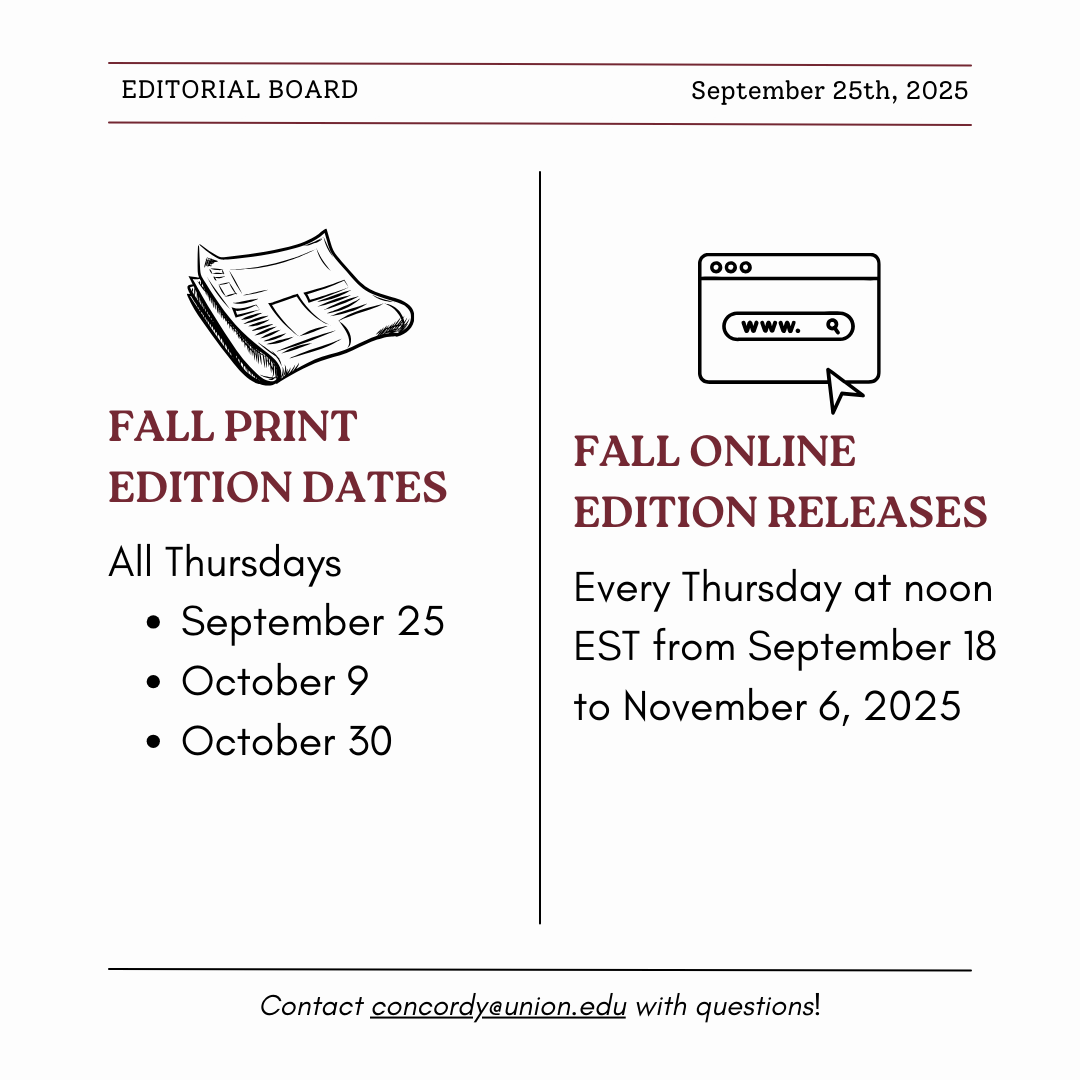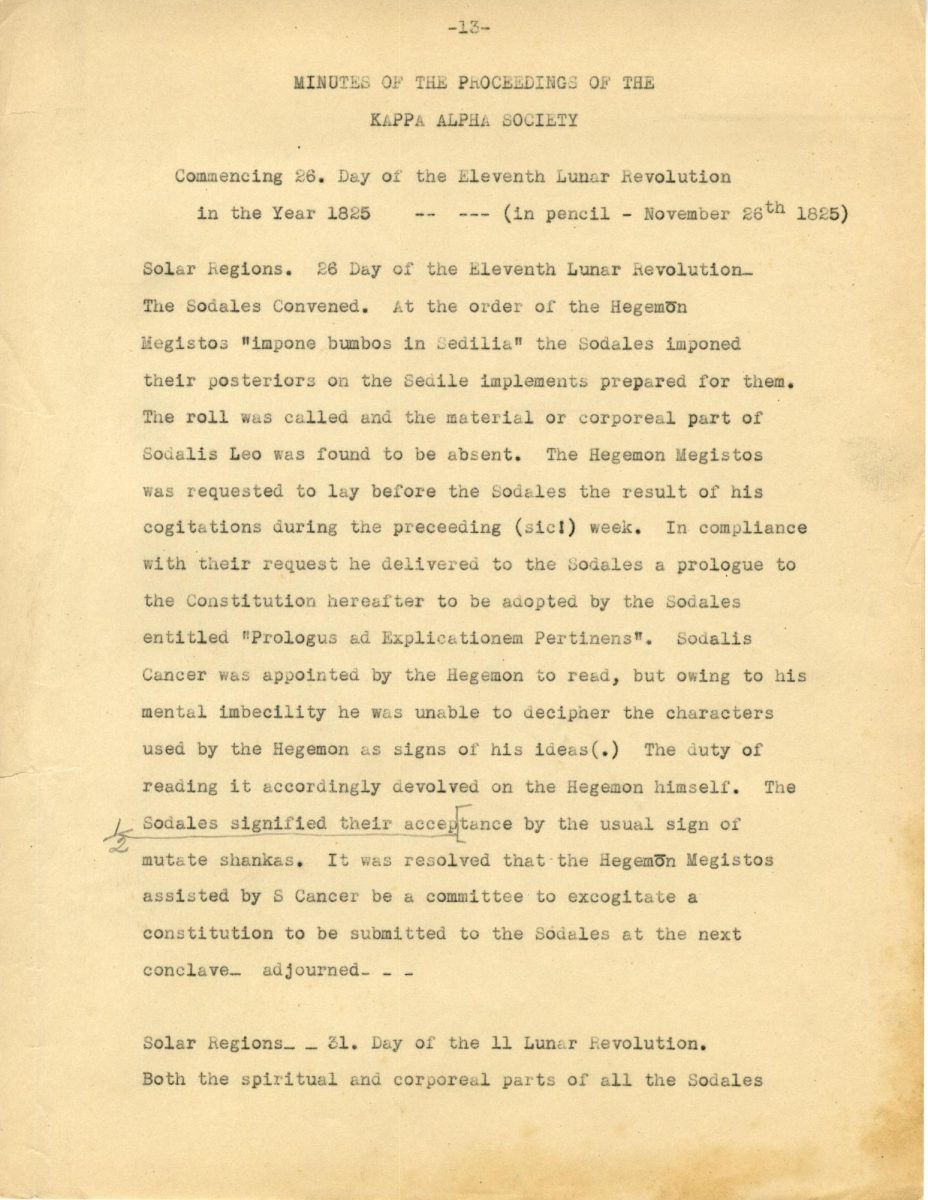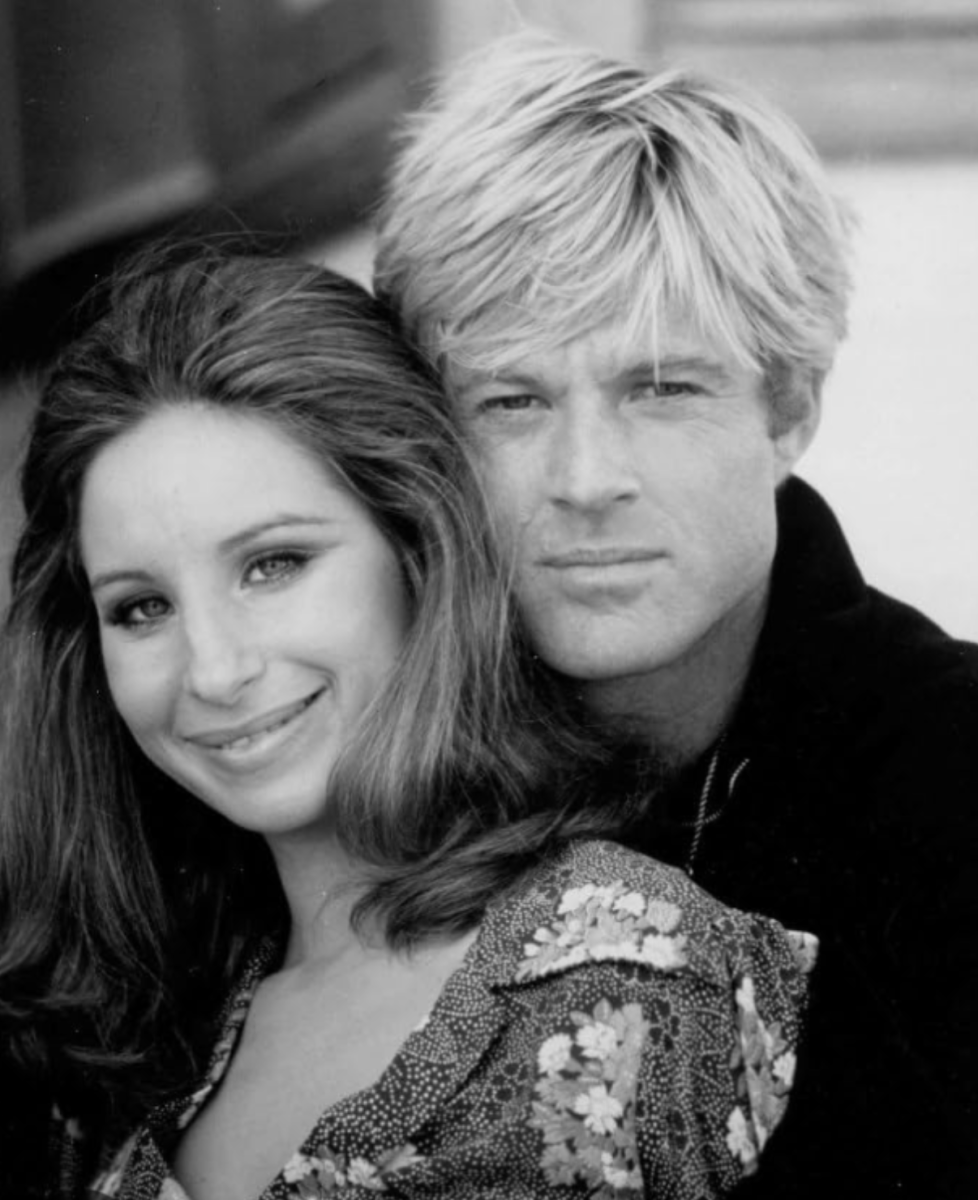On February 22, the Concordiensis interviewed author Scott Greenberger about his recently published book on Chester A. Arthur, Class of 1848.
Q: Why Chester A. Arthur?
A: I liked the idea that he hasn’t been written about. People don’t talk much about him. He has a fascinating story,and it’s sort of been lost to history. As you may know he ordered that most of his personal papers be destroyed before his death which has made it a challenge for historians and writers. If you read the newspapers of the time when he left office, he was roundly praised as having done a fantastic job. Many people talked about him as if he were one of the best presidents we had ever had. The story of his transformation is really appealing… it’s a very human story. Through a series of incredible circumstances he became the president.
Q: Arthur was controversial. What’s your stance on Arthur’s controversies?
A: All presidents and people are a mix of good and bad. Certainly the Chinese Exclusion Act was not his finest moment and was not our country’s finest moment. He expressed many sentiments that many people today express.It was a disappointing decision, but the support for that legislation was so strong that it would have been very difficult for him. If he had vetoed the second one, [Congress] would have overridden that veto.
Q: What would you say was Arthur’s greatest accomplishment?
A: The Pendleton Civil Service Reform Act, which laid the groundwork for the federal government. Before the Pendleton Act, federal employees were there out of loyalty to a candidate or party; they didn’t have skills required,and there are examples of people who, prior to this, were incredibly unqualified. The Pendleton Act is still the basis for the civil service system we have today. Not only did he sign the legislation, but he faithfully implemented that law, setting the stage for progressive presidents to come.
Q: One person you talk about is Julia Sands. Can you tell us more about her?
A: When Garfield was shot just a few months after he became president, he was not killed immediately. When it did become clear in the summer of 1881 that Garfield was going to die and Arthur would become president, he received a letter from a young woman in New York, who he had never met or heard of, named Julia Sands. Sands was largely housebound, but had an intense interest in politics and Chester Arthur. It was the first of nearly two dozen letters Sands would write Arthur, urging him to be a better person. In her first letter, Sands wrote that the country was dreading Garfield’s imminent death in large part because it mean Arthur would be president. For a number of reasons I think these letters had a real impact on him. One, Arthur specifically ordered that Sands’ letters be saved and not burned with the vast majority of his papers. Two, he paid her a surprise visit in the summer of 1882 to thank her for her letters, advice and belief in him. He also followed a lot of the advice in the letters.
Q: Why do you think the letters were so important to him?
A: While she could be harsh and bold, she encouraged him. The newspapers were vicious towards Arthur, even suggesting at times he was involved in the plot to kill Garfield. At a time when Arthur really needed encouragement, Sands provided it.
Q: Obviously, I have to ask some Union related questions. He is one of our most esteemed alumni. How do you think Union shaped his time in office and his life?
A: Not every college has a president as an alumnus. When you read about his time at Union College, he shows a lot of the traits that would define him as a politician. He was a very sociable guy, kind of a prankster here, but also very smart and did very well. Eliphalet Nott, the president at the time, taught a very famous course which Arthur took. That course and his time at Union really taught him how to think critically and had a big effect on him overall.
Q: What in particular are you focusing on for your talk here?
A: I obviously want to talk a little about his time here at Union. I think what’s interesting about Arthur and the period he lived in is that there are a lot of parallels between the Gilded Age and today, and there are also a lot of parallels between Arthur and our current president, and that is a theme I’m going to explore a little. Trump and Arthur assumed the presidency under similar strange circumstances. Neither had held elected office prior to being in the executive branch, both had been involved in shady real estate deals and both took office with many of the country’s elites dreading his looming presidency.
Q: Do you see any contrasts with the current president and Chester Arthur?
A: It’s hard to say that Donald Trump the President is different than Donald Trump the candidate. In that, the main contrast is that Arthur was very different than he was prior to his presidency and he surprised virtually everybody.











